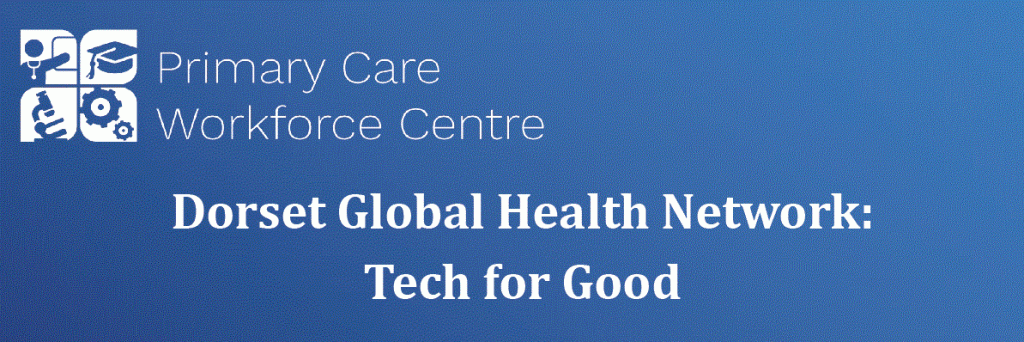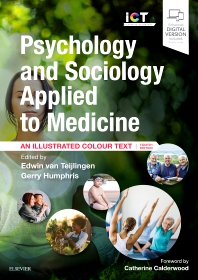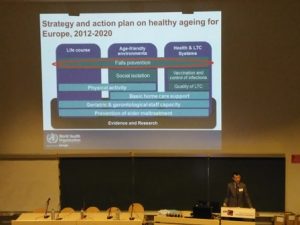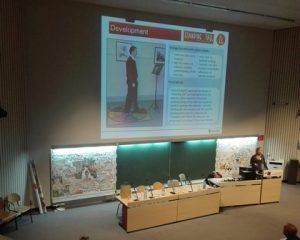Dorset Global Health Network: Tech for Good:
The Dorset Global Health Network would like to invite you to an exciting session with two great guest speakers Andrew Moore and Waheed Arian on Wednesday 24 April on the 3rd Floor, Bournemouth University’s Executive Business Centre, 19.00 – 21:00 proceeded by a Light Buffet Dinner at 18:30.

Guest speakers:
Mr Andrew Moore from 3 Sided Cube is a Bournemouth based app and digital product company passionate about using Tech for Good on a global scale. Andrew will be telling us about their exciting and award winning work, including the worlds first blood donation tracking app.
&
Dr Waheed Arian from Arial Teleheal, a pioneering telemedicine charity, providing advice to doctors in war zones and low income countries. Hear Waheed’s inspirational personal journey from living in a refugee camp to being recognised as UNESCO Global Hero 2017 and winner of Rotary International Peace Award 2018.
Book your space at: https://bit.ly/2Nn0JJR
The Dorset Global Health Network is a forum for anyone interested in global health to meet, exchange ideas and experience.
This event has been organised by the Dorset Primary Care Workforce Centre (PCWC) in collaboration with Wessex Global Health Network.


















 Beyond Academia: Exploring Career Options for Early Career Researchers – Online Workshop
Beyond Academia: Exploring Career Options for Early Career Researchers – Online Workshop UKCGE Recognised Research Supervision Programme: Deadline Approaching
UKCGE Recognised Research Supervision Programme: Deadline Approaching SPROUT: From Sustainable Research to Sustainable Research Lives
SPROUT: From Sustainable Research to Sustainable Research Lives BRIAN upgrade and new look
BRIAN upgrade and new look Seeing the fruits of your labour in Bangladesh
Seeing the fruits of your labour in Bangladesh ECR Funding Open Call: Research Culture & Community Grant – Apply now
ECR Funding Open Call: Research Culture & Community Grant – Apply now ECR Funding Open Call: Research Culture & Community Grant – Application Deadline Friday 12 December
ECR Funding Open Call: Research Culture & Community Grant – Application Deadline Friday 12 December MSCA Postdoctoral Fellowships 2025 Call
MSCA Postdoctoral Fellowships 2025 Call ERC Advanced Grant 2025 Webinar
ERC Advanced Grant 2025 Webinar Update on UKRO services
Update on UKRO services European research project exploring use of ‘virtual twins’ to better manage metabolic associated fatty liver disease
European research project exploring use of ‘virtual twins’ to better manage metabolic associated fatty liver disease